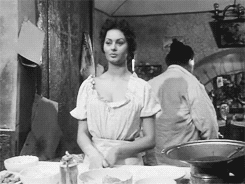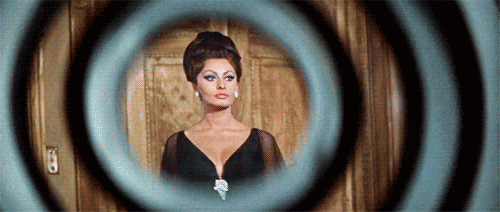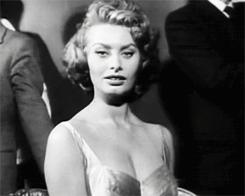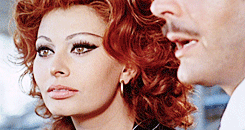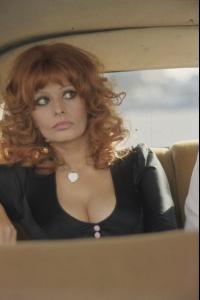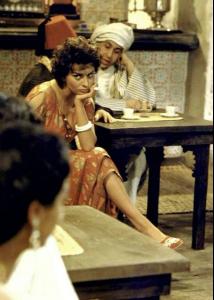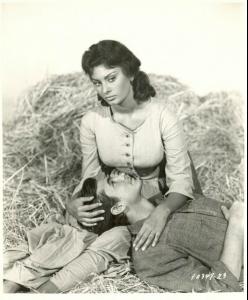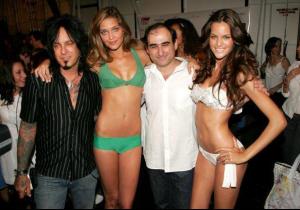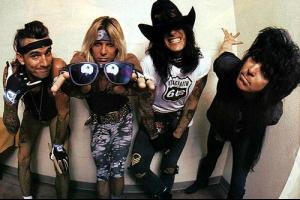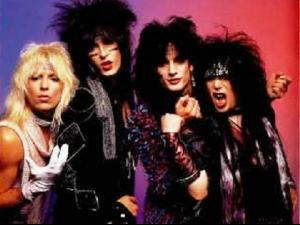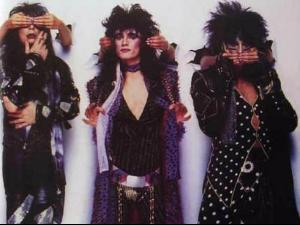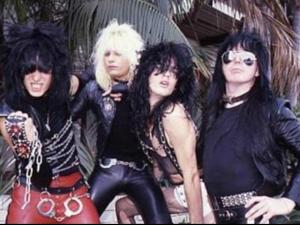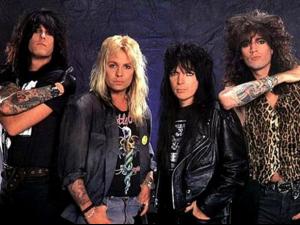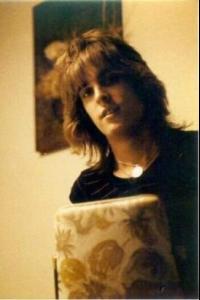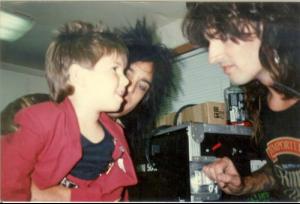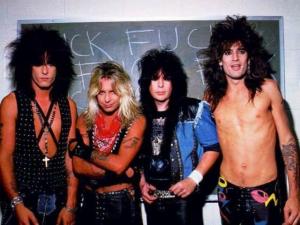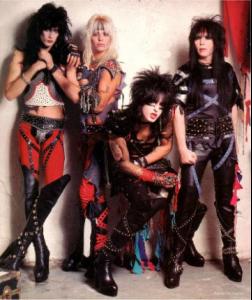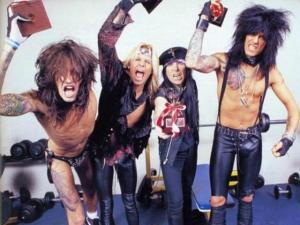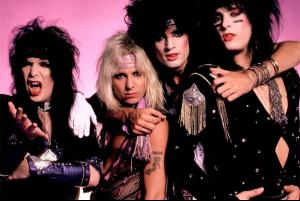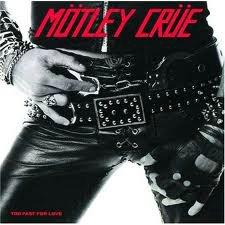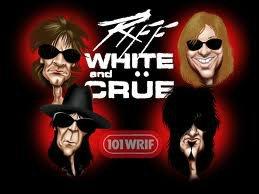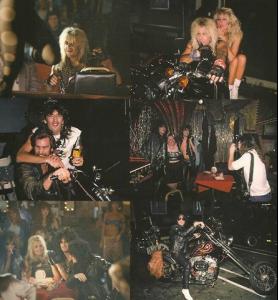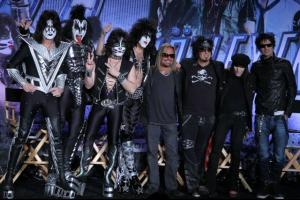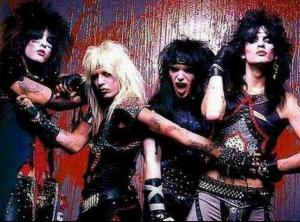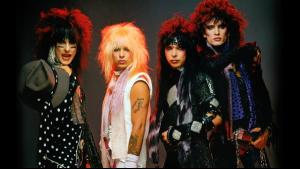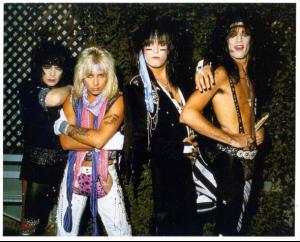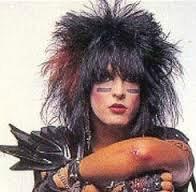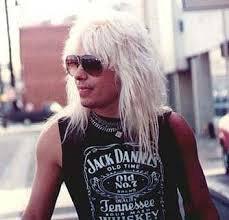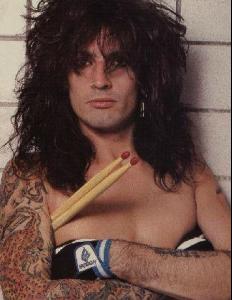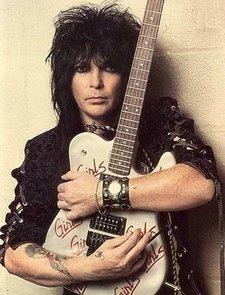Everything posted by viola0605
-
Sophia Loren
/emoticons/gocho.gif" alt=":gocho:"> /emoticons/gocho.gif" alt=":gocho:"> /emoticons/gocho.gif" alt=":gocho:"> /emoticons/gocho.gif" alt=":gocho:">
-
Sophia Loren
- Christy Turlington
- Eva Herzigova
http://s020.radikal.ru/i715/1309/16/ce6ce3c7fb5e.gif that she meant?^^^- Isabeli Fontana
- Candids
- Nina Agdal
- Candids
- Izabel Goulart
- Angelina Jolie
- Dioni Tabbers
- Karlie Kloss
- Michelle Vawer
she is very beautiful!- Magdalena Frackowiak
- Motley Crue
- Motley Crue
- Motley Crue
- Motley Crue
- Motley Crue
- Motley Crue
- Motley Crue
- Motley Crue
Years of turmoil (1992–2003)[edit] After Decade of Decadence was released, Neil left the band in February 1992, at a time when other bands in the 1980s glam metal scene (Ratt, Stryper, White Lion, Winger,Europe & Britny Fox) also broke up because of the rise in popularity of Grunge. A controversy exists to this day over whether Neil was fired or quit. Sixx has long maintained that Neil quit the band. However, Neil disputes this and insists that he was fired. Neil was replaced by John Corabi (formerly of Angora and The Scream). Mötley Crüe's commercial success waned throughout the 1990s, although their self-titled March 1994 release made the Billboard top ten (#7). Thaler would manage the band alone until 1994, at which time the band did a mass-firing when their album, Mötley Crüe, failed to meet commercial expectations. John Corabi suggested that the band work with Neil again as he believed he would always be seen as the voice of the band, which eventually resulted in his own firing in 1996. The band reunited with Neil in 1997,[18] after their current manager, Allen Kovac, and Neil's manager, Bert Stein, set up a meeting between Neil, Lee, and Sixx. Agreeing to "leave their egos at the door," the band released Generation Swine. Although it debuted at No. 4, and in spite of a live performance at the American Music Awards, the album was a commercial failure, due in part to the band's label's lack of support.[citation needed] The band soon left Elektra and created their own label, Mötley Records. In 1998, Mötley Crüe's contractual ties with Elektra Records had expired, putting the band in total control of their future. This included the ownership of the masters of all of their albums. In announcing the end of their relationship with Elektra Records, the band became one of the few groups in history to own and control their publishing and catalogue of recorded masters. In 1999, the band re-released all their albums, dubbed as "Crücial Crüe". The limited-edition digital re-masters included demos, live, instrumental, and previously unreleased tracks. Mötley Crüe released their compilation album Greatest Hits in late 1998, which served as an updated version of their first compilation, Decade of Decadence. In 1999, Lee quit the band to pursue a solo career due to increasing tensions with frontman Neil. He was replaced by Randy Castillo, who drummed on several Ozzy Osbournealbums. Randy died of cancer on March 26, 2002. Former Hole drummer Samantha Maloney, who also filled in for Castillo at some previous shows, was hired as his replacement until 2004 when the original band got back together. The New Tattoo album charted at No. 41 and sold fewer than 200,000 copies. Within the following six years, Sixx played in the bands 58 and Brides of Destruction, while Lee formed Methods of Mayhem and performed as a solo artist. Neil continued touring on an annual basis as a solo artist, singing mostly Mötley Crüe songs. Mars, who suffers from a rare hereditary form of arthritis called ankylosing spondylitis,[19] went into seclusion in 2001. A 2001 autobiography entitled The Dirt packaged the band as "the world's most notorious rock band." The book made the top ten on The New York Times Best Seller list and spent ten weeks there. Reunion and renewed success (2004–2007)[edit] Nikki Sixx and Mick Mars performing onstage with Mötley Crüe, on June 14, 2005 in Glasgow, Scotland A promoter in England, Mags Revell, began clamoring for a Mötley Crüe reunion, ostensibly presenting himself as the voice of anxious fans waiting for more from the band. After meeting with management several times, in September 2004, Sixx announced that he and Neil had returned to the studio and had begun recording new material. In December 2004, the four original members announced a reunion tour which began February 14, 2005, in San Juan, Puerto Rico. The resulting compilation album, Red, White & Crüe, was released in February 2005. It features the band members' favorite original songs plus three new tracks, "If I Die Tomorrow", "Sick Love Song" (co-written by Sixx and James Michael), and a cover of The Rolling Stones' classic "Street Fighting Man". A small controversy was caused when it was suggested that neither Lee nor Mars played on the new tracks (duties were supposedly handled by Vandals drummer Josh Freese). However, a VH1 documentary of the band's reunion later showed that Lee did indeed play on some of the tracks. The Japanese release of Red, White & Crüe includes an extra new track titled "I'm a Liar (and That's the Truth)". Red, White & Crüe charted at No. 6 and has since gone platinum. In 2005, Mötley Crüe was involved in an animation-comedy spoof Disaster!,[20] which was written by Paul Benson and Matt Sullivan and which was used as the introduction film to concerts on their Carnival of Sins tour. In 2006, Mötley Crüe went on the Route of All Evil Tour, co-headlining with Aerosmith and taking performers from Lucent Dossier Experience on the road with them. This was another well attended tour following the Carnival of Sins tour of 2005. In June 2007, Mötley Crüe set out on a small European tour. A lawsuit was filed by Neil, Mars and Sixx against Carl Stubner, Lee's manager. The three sued him for contracting for Lee to appear on two unsuccessful reality shows the band claim hurt its image.[citation needed] It was later reported on Motley.com that the lawsuit had been settled. Saints of Los Angeles (2008–2010)[edit] On June 11, 2008, the band and manager Burt Stein filed suit against each other. Stein was Vince Neil's personal manager and also, according to the band and rival manager Allen Kovac, served as the band's manager at one time. The band and Kovac sued in Los Angeles County Superior Court, claiming Stein was not entitled to a cut of Mötley Crüe's earnings. Stein sued the same day in Nashville's federal court, saying he was entitled to 1.875 percent of what the band makes.[21] Other litigation between the parties also ensued in Nevada. In July 2009, lawyers for both sides announced that the disputes had been "amicably resolved" through a "global settlement".[22] Mötley Crüe's ninth studio album, titled Saints of Los Angeles, was released in Japan on June 17, 2008 and in America on June 24, 2008. The album was originally titled The Dirt, as it was loosely based on the band's autobiography of the same name, but the title was later changed. In the US, the album was released by Eleven Seven Music. Eleven Seven also took over US distribution of their back catalog. In the summer of 2008, Mötley Crüe headlined the popular 'Crüe Fest' music festival, which included opening acts Buckcherry, Papa Roach, Trapt, and Nikki Sixx's successful side project, Sixx:A.M. Mötley Crüe had announced that the movie The Dirt, based on the book written by Mötley Crüe and Neil Strauss, could be released in 2009. However, as of September 2009, the Internet Movie Database (IMDb) lists 2011 as the probable release date. This is still subject to change, particularly because the "status" of the movie was listed as "unknown" in April 2009 (the date of IMDb's last update to "The Dirt").[23] Currently, "The Dirt" has been rumored to be released in 2013. Mötley Crüe play in Erie, PA March 7, 2009 iTunes picked "Saints of Los Angeles" in their "Best of 2008" in the Rock category as the number one song; the song was also nominated for a Grammy Award in the "Best Hard Rock Performance" category. The song was released in the music game series Rock Band as downloadable content the day the single was released. Additionally, the entire Dr. Feelgood album was released as downloadable content in Rock Band, excluding "T.n.T. (Terror 'n Tinseltown)". The band played the Download Festival in Donington Park (June 12–14, 2009), playing on the second stage on Friday night. The band made a guest appearance in the season finale of "Bones" on May 14, 2009 entitled "The End in the Beginning", performing the classic song "Dr. Feelgood". Mötley Crüe headlined Crüe Fest 2 festival, which ran from July to September 2009. Supporting them were Godsmack, Theory of a Deadman, Drowning Pool, and Charm City Devils. In addition to performing a set featuring material from Saints of Los Angeles, the band also celebrated the 20th anniversary of Dr. Feelgood by performing the album in its entirety on each night of the tour and re-releasing the album as a special 20th anniversary deluxe edition.[24] Mötley Crüe headlined Ozzfest in 2010, along with Ozzy Osbourne and Rob Halford.- Motley Crue
Years of turmoil (1992–2003)[edit] After Decade of Decadence was released, Neil left the band in February 1992, at a time when other bands in the 1980s glam metal scene (Ratt, Stryper, White Lion, Winger,Europe & Britny Fox) also broke up because of the rise in popularity of Grunge. A controversy exists to this day over whether Neil was fired or quit. Sixx has long maintained that Neil quit the band. However, Neil disputes this and insists that he was fired. Neil was replaced by John Corabi (formerly of Angora and The Scream). Mötley Crüe's commercial success waned throughout the 1990s, although their self-titled March 1994 release made the Billboard top ten (#7). Thaler would manage the band alone until 1994, at which time the band did a mass-firing when their album, Mötley Crüe, failed to meet commercial expectations. John Corabi suggested that the band work with Neil again as he believed he would always be seen as the voice of the band, which eventually resulted in his own firing in 1996. The band reunited with Neil in 1997,[18] after their current manager, Allen Kovac, and Neil's manager, Bert Stein, set up a meeting between Neil, Lee, and Sixx. Agreeing to "leave their egos at the door," the band released Generation Swine. Although it debuted at No. 4, and in spite of a live performance at the American Music Awards, the album was a commercial failure, due in part to the band's label's lack of support.[citation needed] The band soon left Elektra and created their own label, Mötley Records. In 1998, Mötley Crüe's contractual ties with Elektra Records had expired, putting the band in total control of their future. This included the ownership of the masters of all of their albums. In announcing the end of their relationship with Elektra Records, the band became one of the few groups in history to own and control their publishing and catalogue of recorded masters. In 1999, the band re-released all their albums, dubbed as "Crücial Crüe". The limited-edition digital re-masters included demos, live, instrumental, and previously unreleased tracks. Mötley Crüe released their compilation album Greatest Hits in late 1998, which served as an updated version of their first compilation, Decade of Decadence. In 1999, Lee quit the band to pursue a solo career due to increasing tensions with frontman Neil. He was replaced by Randy Castillo, who drummed on several Ozzy Osbournealbums. Randy died of cancer on March 26, 2002. Former Hole drummer Samantha Maloney, who also filled in for Castillo at some previous shows, was hired as his replacement until 2004 when the original band got back together. The New Tattoo album charted at No. 41 and sold fewer than 200,000 copies. Within the following six years, Sixx played in the bands 58 and Brides of Destruction, while Lee formed Methods of Mayhem and performed as a solo artist. Neil continued touring on an annual basis as a solo artist, singing mostly Mötley Crüe songs. Mars, who suffers from a rare hereditary form of arthritis called ankylosing spondylitis,[19] went into seclusion in 2001. A 2001 autobiography entitled The Dirt packaged the band as "the world's most notorious rock band." The book made the top ten on The New York Times Best Seller list and spent ten weeks there.- Motley Crue
Rise to international fame (1984–1991) After playing the US Festival, and with the aid of the new medium of MTV, the band found rapid success in the United States. The band members were as well known for their backstage groupie antics, outrageous clothing, extreme high-heeled boots, heavily applied make-up, and seemingly endless abuse of alcohol and drugs as for their recordings. Their mixture of heavy metal and glam rock stylings produced several best-selling albums during the 1980s, including Shout at the Devil (1983),Theatre of Pain (1985), and Girls, Girls, Girls (1987), which showcased their love of motorcycles, whiskey and strip clubs, and which told tales of substance abuse, sexual escapades, and general decadence. The band members have also had their share of scrapes with the law and life. In 1984, Neil was driving home from a liquor store in his De Tomaso Pantera when he was in a head-on collision; his passenger, Hanoi Rocks drummer Nicholas "Razzle" Dingley, was killed. Neil, charged with a DUI and vehicular manslaughter, was sentenced to 30 days in jail (though he only served 18 days) and received a $2,000,000 fine (a massive sum for 1985), the short jail term was pleaded for by his lawyers enabling Neil to be able to tour and pay the huge fine. The band would later release two box sets entitled "Music to Crash Your Car to". On December 23, 1987, Sixx suffered a near-fatal heroin overdose. He was declared legally dead on the way to the hospital, but the medic, who was a Crüe fan, revived Sixx by giving him two shots of adrenaline to his heart, bringing him back to life.[citation needed] His two minutes in death were the inspiration for the song "Kickstart My Heart", which peaked at No. 16 on the Mainstream U.S. chart, and which was featured on the 1989 album Dr. Feelgood. From 1986 to 1987, Sixx kept a daily diary of his heroin addiction and eventually entered rehab in January 1988. In 2006, Sixx published his diaries as a best selling novel: The Heroin Diaries: A Year in the Life of a Shattered Rock Star, and in 2007 Sixx's side project band Sixx:A.M. released The Heroin Diaries Soundtrack as a musical parallel to the novel. In 1988 McGhee was convicted for smuggling 40.000 pounds of marijuana, as punishment he had to organize an anti-drug campaign.[15] In addition, another controversy that hit the band in 1988 was a law suit made by Matthew Trippe. Trippe claimed that Nikki Sixx was hospitalised in 1983 after a car crash involving drugs and that he had been hired as Nikki'sdoppelgänger. The suit was regarding the loss of royalties from his time in Mötley Crüe and the case was not closed until 1993 when Trippe dropped his charges and disappeared from the general public.[15] Their decadent lifestyles almost shattered the band, until managers Thaler and McGhee pulled an intervention, and refused to allow the band to tour in Europe, fearing that "some [of them] would come back in bodybags". Shortly after, all the band members except for Mars underwent drug rehabilitation; Mars cleaned up on his own. After finding sobriety in 1989, Mötley Crüe reached its peak popularity with the release of their fifth album, the Bob Rock produced Dr. Feelgood, on September 1, 1989. On October 14 of that year, it became a No. 1 album and stayed on the charts for 109 weeks after its release. The band members each stated in interviews that, due in no small part to their collective push for sobriety, Dr. Feelgood was their most solid album musically to that point,[citation needed] and indeed, it was their best selling album to date. The title track and "Kickstart My Heart" were both nominated for Grammys in the Best Hard Rock Category.[16] The band did find some success at the American Music Awards, as Dr. Feelgood was nominated twice for Favorite Hard Rock/Metal Award, losing once to Guns N' Roses' Appetite for Destruction, but winning the following year, beating out Aerosmith's Pump andPoison's Flesh & Blood. Mötley Crüe was also nominated twice for Favorite Hard Rock/Metal Artist.[17] In 1989, Doc McGhee was fired after the band alleged he had broken several promises that he made in relation to the Moscow Music Peace Festival, including giving his other band,Bon Jovi, advantages in terms of slot placement. Doug Thaler then assumed the role of sole band manager. On October 1, 1991, the band's first compilation album, Decade of Decadence, was released. It peaked at No. 2 on the Billboard 200 album chart. It was reportedly designed as "just something for the fans" while the band worked on the next "all new" album.- Motley Crue
Account
Navigation
Search
Configure browser push notifications
Chrome (Android)
- Tap the lock icon next to the address bar.
- Tap Permissions → Notifications.
- Adjust your preference.
Chrome (Desktop)
- Click the padlock icon in the address bar.
- Select Site settings.
- Find Notifications and adjust your preference.
Safari (iOS 16.4+)
- Ensure the site is installed via Add to Home Screen.
- Open Settings App → Notifications.
- Find your app name and adjust your preference.
Safari (macOS)
- Go to Safari → Preferences.
- Click the Websites tab.
- Select Notifications in the sidebar.
- Find this website and adjust your preference.
Edge (Android)
- Tap the lock icon next to the address bar.
- Tap Permissions.
- Find Notifications and adjust your preference.
Edge (Desktop)
- Click the padlock icon in the address bar.
- Click Permissions for this site.
- Find Notifications and adjust your preference.
Firefox (Android)
- Go to Settings → Site permissions.
- Tap Notifications.
- Find this site in the list and adjust your preference.
Firefox (Desktop)
- Open Firefox Settings.
- Search for Notifications.
- Find this site in the list and adjust your preference.
- Christy Turlington

